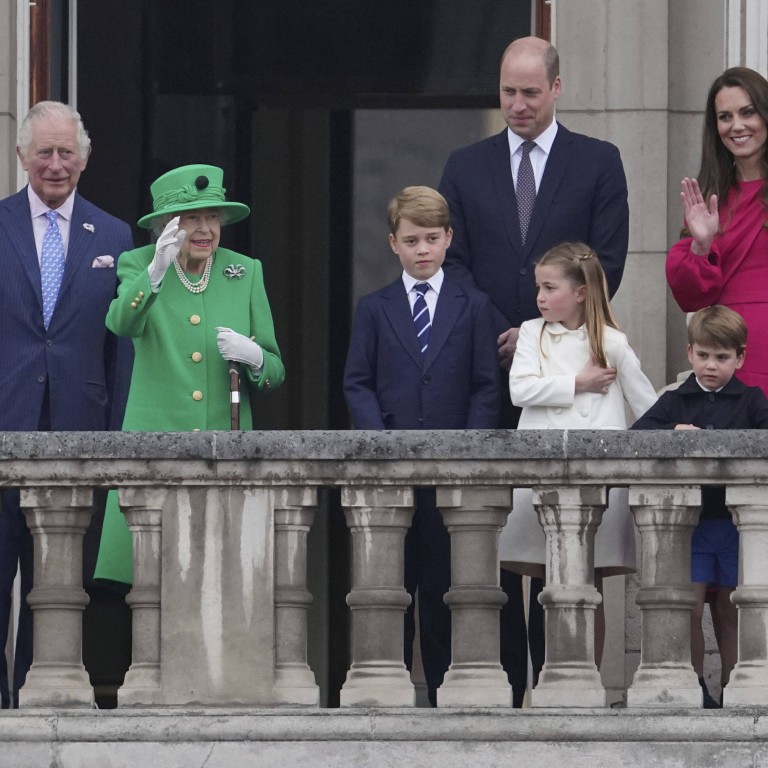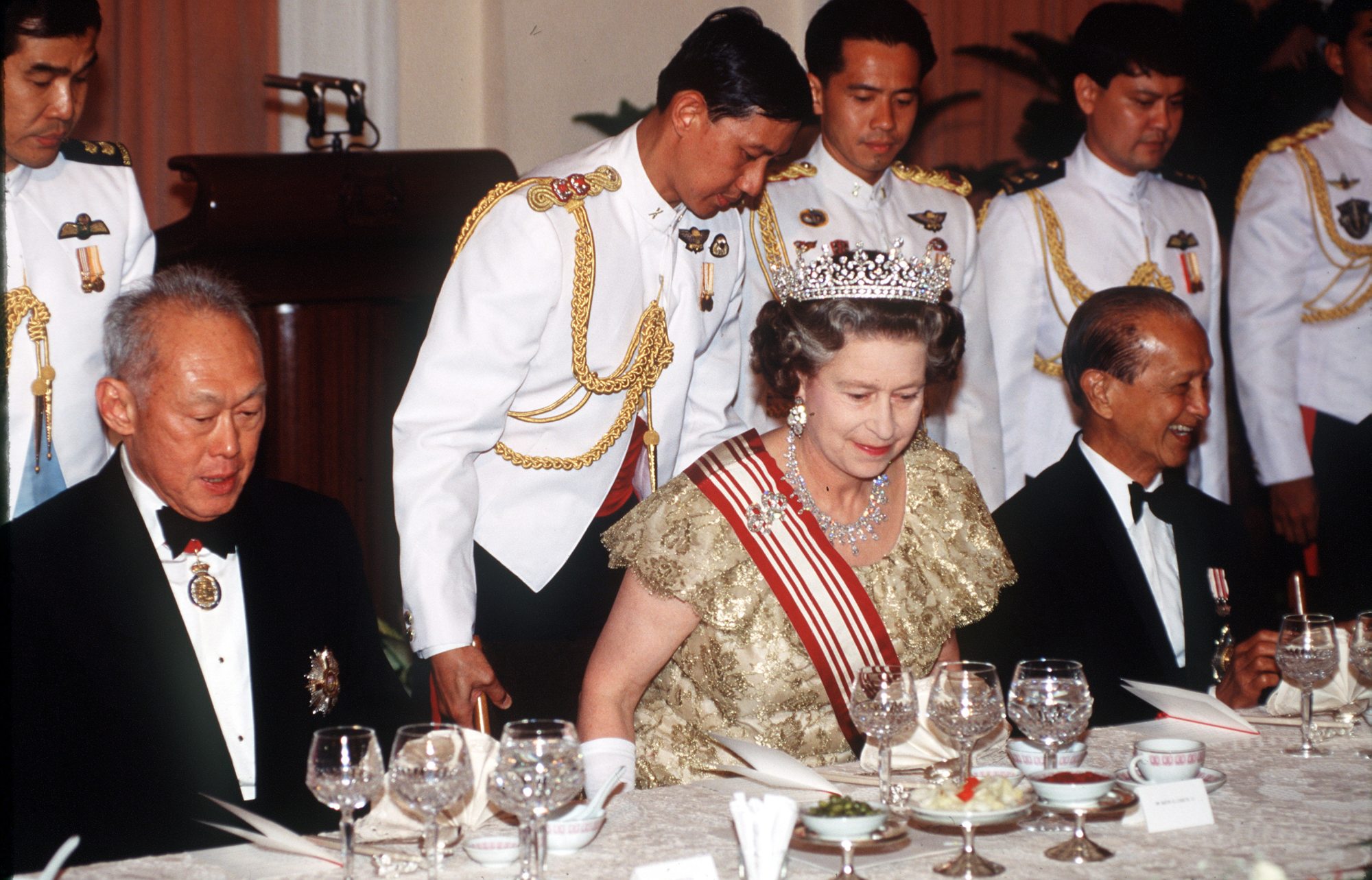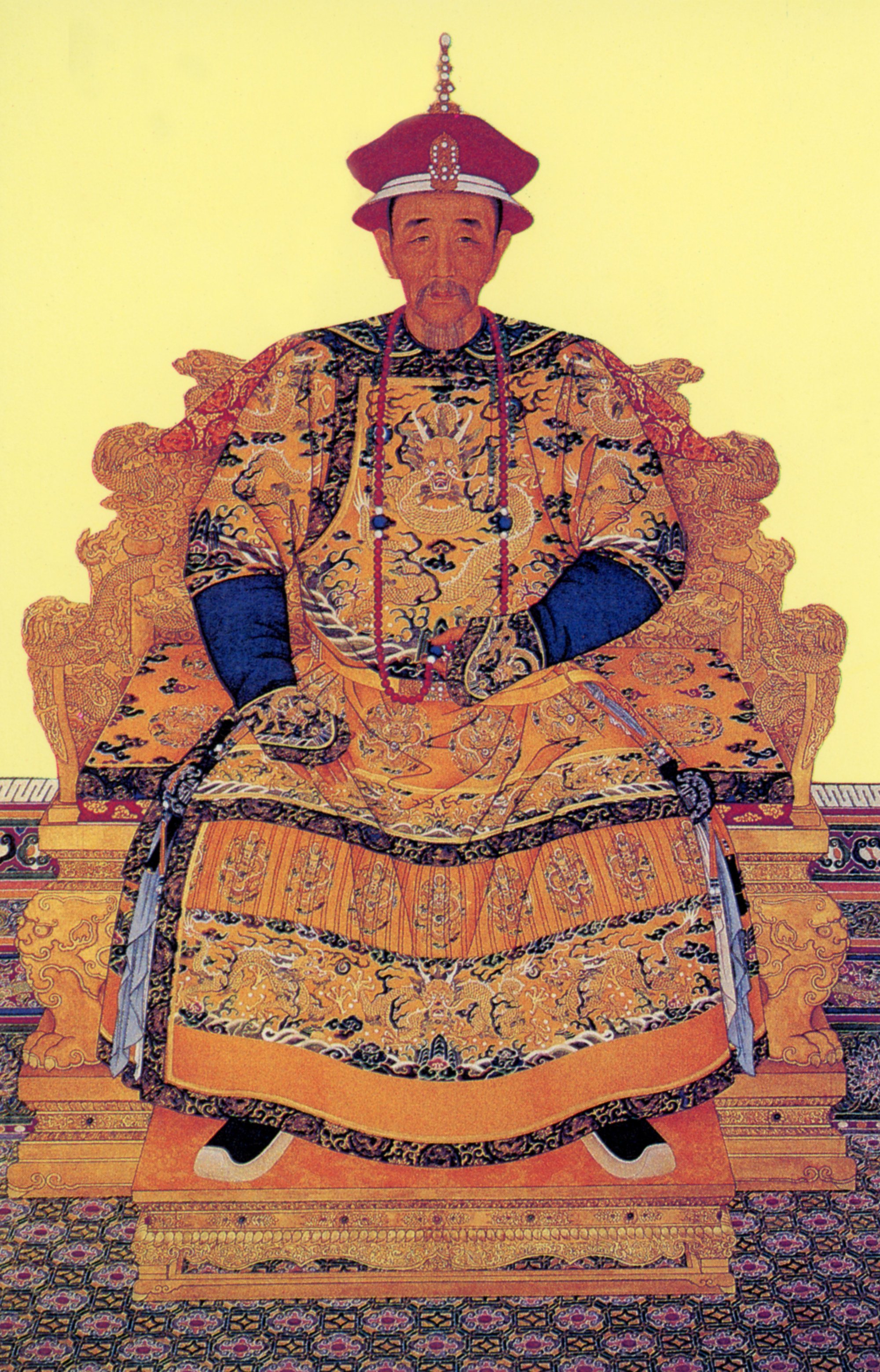
Like Queen Elizabeth, China’s Kangxi Emperor had a long and glorious reign; he did start younger than her, though, at the age of seven
- As one who doesn’t understand the appeal of monarchy, I can see Queen Elizabeth has done a great job during her long reign – as did China’s Emperor Kangxi
- A Manchu ruling a largely Han Chinese kingdom, he showed unusual astuteness in his record 61-year reign, one his grandson avoided exceeding by abdicating
Queen Elizabeth, born Elizabeth Alexandra Mary Windsor on April 21, 1926, marked her 70th year as queen of the United Kingdom and 14 other Commonwealth realms earlier this month. The Platinum Jubilee was celebrated in the UK with an impressive show of pomp and ceremony, which the British are so good at putting on, as well as street parties and pop concerts.
Born in a republic and having spent most of my life in said republic and a special administrative region of a socialist state, I don’t understand the appeal of monarchy at all, especially in the present day.
It somewhat offends my egalitarian sensibilities that I have to show special deference to individuals whose social rank and eminence is the result of being born to a certain family, instead of personal achievement, virtue, electoral victory or even the manipulation of a political system (which in itself is an achievement, for better or worse).

The longest-reigning ruler of China was Emperor Kangxi, born Aisin-Gioro Hiowan-yei on May 4 1654, according to the Gregorian calendar, who reigned for 61 years, 318 days from 1661 until his death in 1722.
He ascended the throne at the age of seven at a very critical time in China. It had been a mere 17 years since the invading Manchus formally established the Qing dynasty, and Kangxi was only the second Manchu emperor to rule over an empire overwhelmingly peopled by the Han Chinese, who greatly outnumbered their conqueror-rulers.

The unusually astute young emperor soon got rid of his four regents, whom his late father had appointed before his death, and quickly got down to the business of running his vast empire and consolidating the dynasty’s rule over the recently conquered realm.
In Kangxi was the perfect combination of wisdom, ability and industry. In the six decades of his reign, China under the Qing dynasty flourished in every possible way. Despite his Manchu ethnicity, he has been considered one of the greatest Chinese rulers in history.
Kangxi’s reign laid the foundation of China’s power and prosperity for several generations.
Thailand’s revered King Bhumibol cremated after year of mourning
His grandson Emperor Qianlong, born Aisin-Gioro Hong-li on September 25 1711, became emperor in 1735. Out of respect for Kangxi, he abdicated in 1796 after a reign of 60 years, 114 days, so as not to surpass the reign duration of his late grandfather. However, Qianlong continued to run the empire as emperor emeritus for four more years, while his son sat on the throne, until his death in 1799 at the ripe old age of 87, which makes him the longest-lived of all Chinese monarchs.
Elizabeth II is 96 and when her reign as queen comes to an end, it might be an opportune time for several independent countries – from ones as vast as Canada and Australia to tiny island nations like Grenada and St Lucia – to reconsider keeping the British monarch as their absentee head of state.
This is, of course, their own decision to make and confirmed republicans like me have no say nor stake in the matter.

